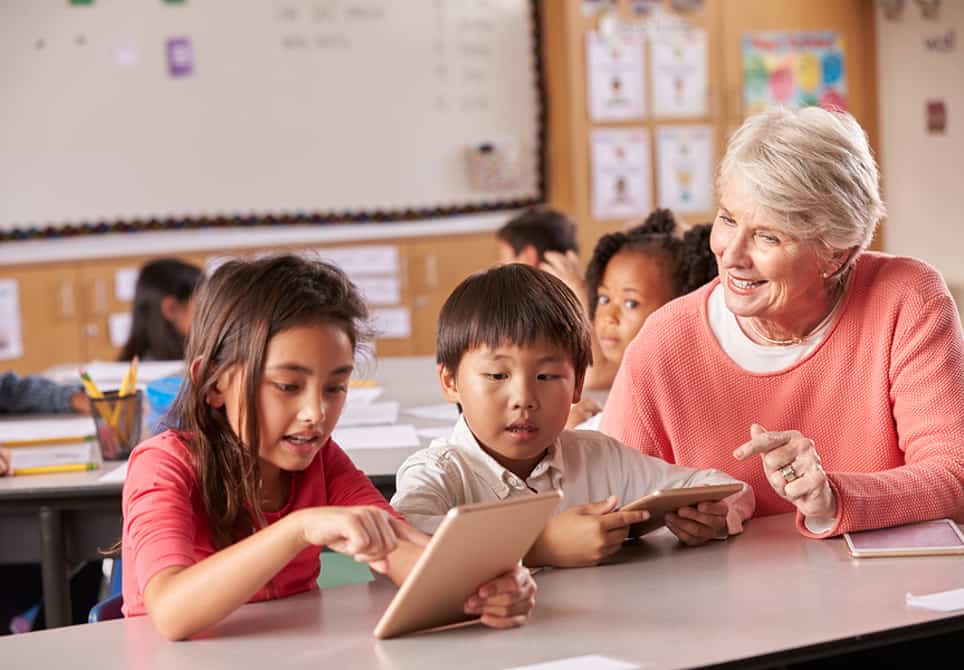Hello guys,I think that it is important for us to remember the benefits of using technology in our classroom ,that is the main reason why I have chosen this topic:
I hope you enjoy reading it! xxx

Technology is one great way to motivate learner. Now, teachers can incorporate tools into their lessons that allow materials to be accessed on smartphones, laptops and tablets. Alerts, notifications and online communication tools keep students thinking about the material long after class if over.
After all, the goal of teaching ESL is to give students what they need to function in a global environment by teaching a global language. With that goal in mind, it is also important to consider that besides actually learning the English language, one of most important prerequisites to success in an English-speaking workplace or learning environment is the ability to navigate technology efficiently.
One of the greatest benefits of technology integration in education is the ability it offers for independent learning. Although technology can and does not replace an effective teacher, it does give students access to some of the supports that a teacher would provide.
When learning a language, experience with the target culture helps to develop context and makes learning the language more meaningful. Thanks to technology, students can benefit from experiences to which they otherwise may not have access. Whether they are visiting social media sites, reading or listening to the news or participating in online discussions, these experiences are rich and meaningful.
Comments
Post a Comment